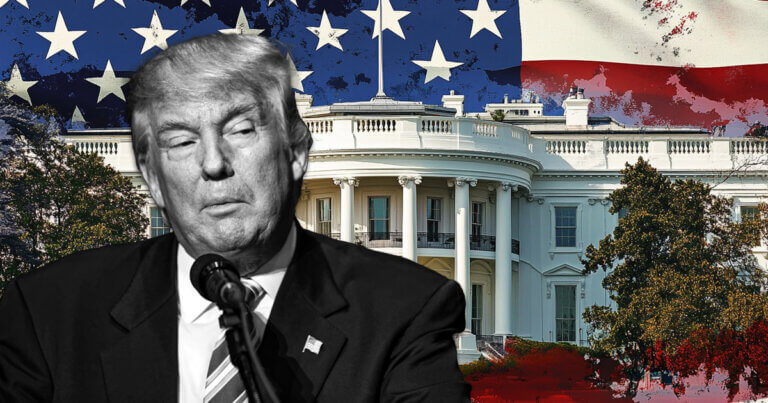In Texas, the heart of America’s Bitcoin mining operations, there’s a surprising shift taking place. Historically, Republicans in the Lone Star State have been some of the biggest supporters of cryptocurrency, particularly Bitcoin mining. However, recent changes in the state’s energy market have caused some Texas Republicans to rethink their stance on crypto. While Bitcoin remains a hot topic on the national stage, even with Donald Trump recently pledging to make America the “crypto capital of the planet,” in Texas, mining Bitcoin is not as appealing as it once was.
At a recent Bitcoin conference in Nashville, the largest of its kind in the world, Trump made waves with his promise to end what he called the “unAmerican crypto crackdown” and protect the right to mine Bitcoin. For many traders and crypto enthusiasts, this sounded like a battle cry, fueling optimism about the future of digital assets. Yet, back in Texas, the ground realities are shifting.
So why are some Republicans, who were once the most vocal advocates of Bitcoin mining, turning their backs on it? The answer lies in the economics of energy. In Texas, it’s not just about mining anymore. Thanks to changes in the state’s energy market, playing the energy game has become more profitable than mining Bitcoin. Essentially, Texas is a state where energy prices can fluctuate dramatically due to its unique, deregulated market. Bitcoin miners, who use vast amounts of energy to power their mining rigs, have started realizing that it’s now more profitable to sell their energy back to the grid rather than use it to mine Bitcoin.
This shift is causing a rift within the Texas Republican party. While national leaders like Trump are loudly championing the future of Bitcoin, some state leaders are more focused on capitalizing on energy profits. For crypto traders, this might seem like a contradiction, but it’s a sign of how interconnected the crypto world is with real-world economics.
Bitcoin mining consumes massive amounts of electricity, which means in a place like Texas—where energy is a commodity—miners are constantly balancing the cost of energy with the potential rewards of mining. When energy prices soar, which they often do during Texas’ scorching summers, it becomes more lucrative for miners to simply shut down their rigs and sell their unused energy back to the grid. This is not just a small margin either. In many cases, selling energy can net more profit than mining itself.
This is why some Republicans are cooling on crypto. It’s not that they’ve lost faith in Bitcoin, but the simple math of profit has pushed them to consider other avenues. For Bitcoin traders, this could signal changes ahead. If miners in one of the largest crypto hubs in the U.S. are beginning to pivot away from mining, it may lead to lower mining activity, which can impact Bitcoin’s price and network health.
For Texas, the energy profits are tempting. But what does this mean for the future of Bitcoin mining in the state? While some politicians are still pushing for less regulation and more freedom for miners, others are quietly focusing on how the energy market can be leveraged for even greater gains. For crypto traders, this dynamic presents a unique challenge. Should they be wary of reduced mining activity in the state? Will this shift in focus have broader implications for Bitcoin’s price and the market as a whole?
This development is not just about Texas or Republicans; it’s about the intersection of two powerful markets—energy and cryptocurrency. Both are volatile, both are prone to extreme price swings, and both are now competing for the same resources. For the savvy crypto trader, keeping an eye on these changes could be crucial. The debate over whether to prioritize mining or energy profits may seem technical, but it’s a reflection of the broader economic forces shaping the future of digital assets.
As Texas grapples with these changes, traders should prepare for the possibility that one of the largest Bitcoin mining hubs may see a decrease in mining activity. The lesson here is clear: even in the world of crypto, market dynamics can shift rapidly, and traders must be ready to adapt.



